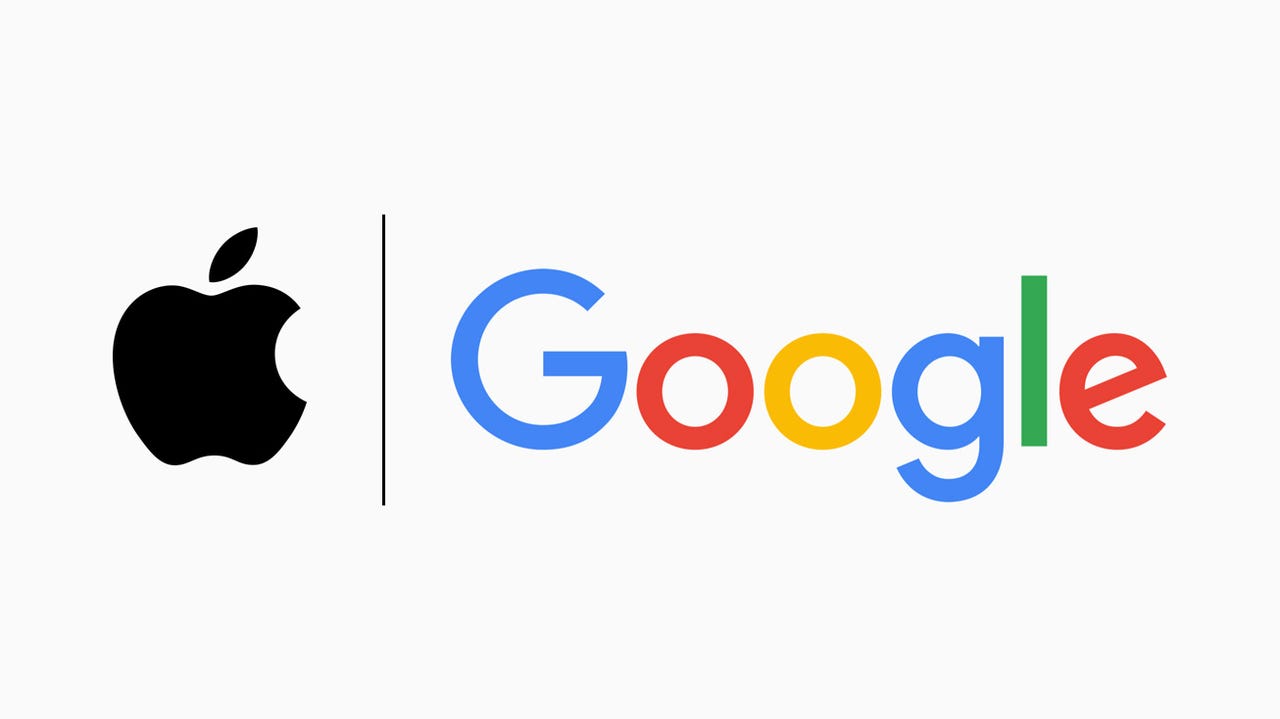'ZDNET Recommends': What exactly does it mean?
ZDNET's recommendations are based on many hours of testing, research, and comparison shopping. We gather data from the best available sources, including vendor and retailer listings as well as other relevant and independent reviews sites. And we pore over customer reviews to find out what matters to real people who already own and use the products and services we’re assessing.
When you click through from our site to a retailer and buy a product or service, we may earn affiliate commissions. This helps support our work, but does not affect what we cover or how, and it does not affect the price you pay. Neither ZDNET nor the author are compensated for these independent reviews. Indeed, we follow strict guidelines that ensure our editorial content is never influenced by advertisers.
ZDNET's editorial team writes on behalf of you, our reader. Our goal is to deliver the most accurate information and the most knowledgeable advice possible in order to help you make smarter buying decisions on tech gear and a wide array of products and services. Our editors thoroughly review and fact-check every article to ensure that our content meets the highest standards. If we have made an error or published misleading information, we will correct or clarify the article. If you see inaccuracies in our content, please report the mistake via this form.
Apple and Google team up to put an end to AirTag stalking


Bluetooth tracking devices such as Apple's AirTags are incredibly useful when it comes to tracking down lost luggage, keys or even stolen cars. But the success stories are often overshadowed by the fact that the trackers can be used to unknowingly stalk and track people.
Also: How to find out if an AirTag is tracking you
Apple has built software features into its own products to notify iPhone users when an unknown AirTag is detected as traveling with them. The iPhone maker even released an Android app for Android users to scan for nearby AirTags -- but that requires Android users to proactively scan; it's not automated.
On Tuesday, Apple and Google announced the tech giants have partnered to create a Bluetooth specification for trackers that will allow the devices to send alerts of unwanted nearby trackers to both iOS and Android devices.
Also: How to build a custom AirTag (that Apple doesn't want you to have)
Google is rumored to be working on an AirTag-like product of its own, which we could possibly see make its debut as soon as next week at Google I/O.
Apple isn't the only tech company with a Bluetooth tracking product, and as such, Samsung, Tile, Chipolo, Eufy Security, and Pebblebee have all "expressed support for the draft specification" according to the press release.
The specification outlines what the makers of tracking devices would need to do to enable the alerts across both platforms.
Also: 7 ways AirTags can simplify your life
It's a welcome first step in solving a scary problem, but there's still some work to be done. The specification was submitted as an "Internet-Draft via the Internet Engineering Task Force (IETF)."
From here, companies can review the finer details of the proposed specification and submit comments. After the comment period, Google and Apple will review and implement any changes before releasing the specification in a future version of Android and iOS.
According to Apple, the update is currently expected to launch by the end of 2023.